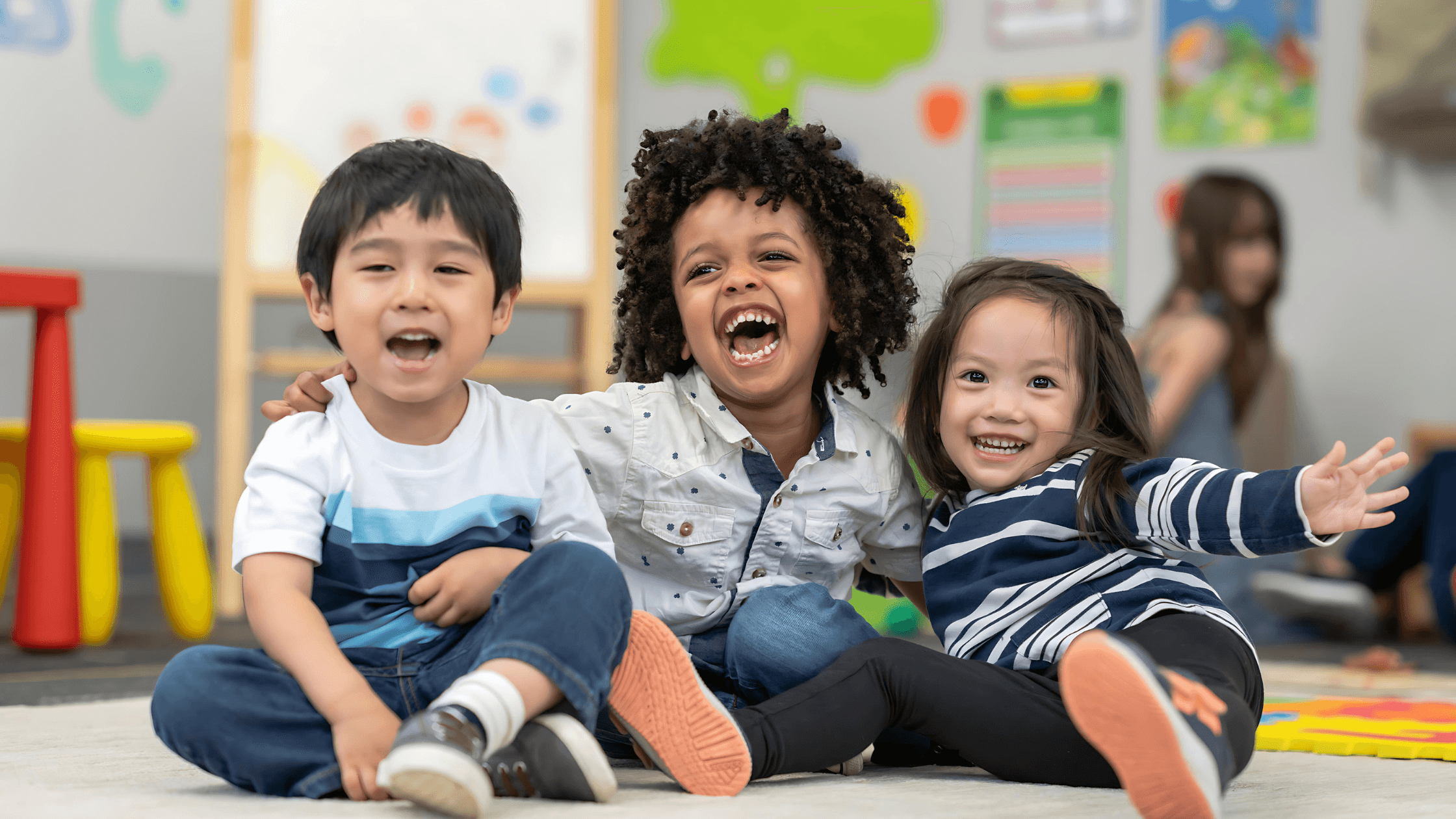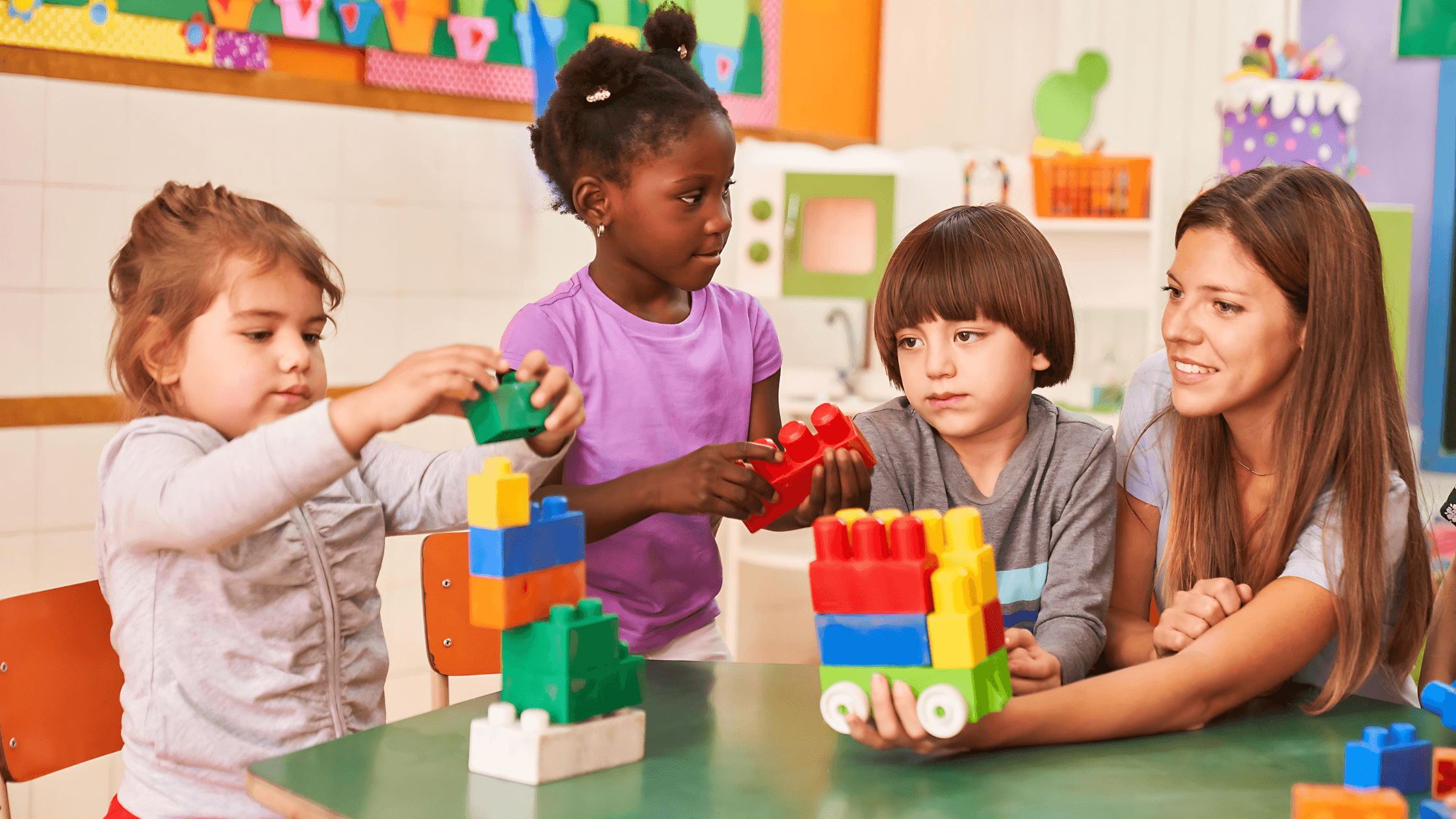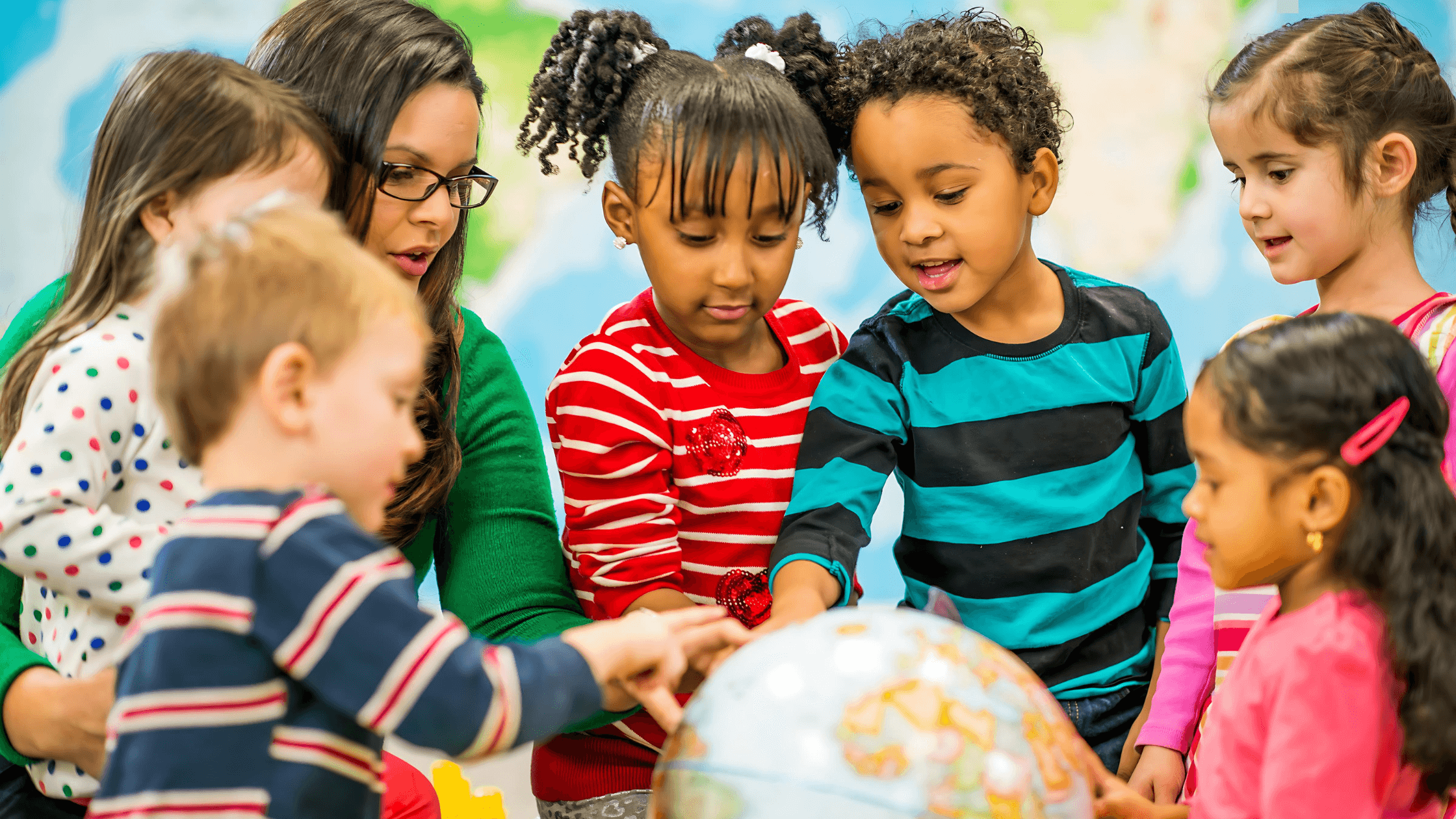In the vibrant world of early childhood education, hands-on learning activities for preschoolers stand out as a cornerstone for effective teaching. These activities not only engage young minds but also foster essential skills that are critical in a preschooler's development. These engaging experiences allow young children to interact with their environment actively, rather than passively absorbing information. Let's delve into the many benefits of incorporating hands-on learning activities into preschool programs and how they can enhance the overall educational experience.
What Are Hands-On Learning Activities?
Hands-on learning activities refer to interactive experiences where preschoolers actively participate in their learning process. Unlike passive learning methods, these activities require children to physically manipulate materials, experiment, and explore concepts. This approach aligns with the natural learning style of young children, who often learn best through direct experience rather than abstract instruction.
Enhancing Cognitive Development
One of the primary benefits of hands-on learning activities is their impact on cognitive development. When preschoolers engage in these activities, they are actively involved in problem-solving and critical thinking. For example, building with blocks helps children understand spatial relationships, while simple science experiments introduce them to cause and effect. These experiences stimulate the brain and support the development of foundational cognitive skills.
Fostering Fine Motor Skills
Fine motor skills are crucial for tasks such as writing, buttoning shirts, and using utensils. Hands-on learning activities are excellent for developing these skills. Activities like finger painting, threading beads, and using tweezers to pick up small objects enhance hand-eye coordination and dexterity. By participating in such activities, preschoolers strengthen the small muscles in their hands and fingers, preparing them for more complex tasks as they grow.
Promoting Social Interaction
Preschool is not just about individual learning; it is also a time for social development. Hands-on learning activities provide opportunities for children to interact with their peers. Group activities like assembling a large puzzle or creating a collaborative art project foster communication, teamwork, and sharing. Such interactions are crucial for helping preschoolers build social skills and learn how to collaborate effectively with their peers.

Language Development
Hands-on learning activities for preschoolers provide a natural platform for language development. As children engage in activities, they often describe what they are doing, ask questions, and interact with their peers and teachers. This verbal interaction aids in broadening their vocabulary and enhancing their communication skills. Activities that involve storytelling or role-playing can further enhance language development by encouraging children to express themselves creatively.
Social-Emotional Skills
Hands-on learning activities for preschoolers also foster social-emotional skills. Many activities involve working in pairs or small groups, which teaches children how to cooperate, share, and take turns. This collaborative experience helps to build social skills and promotes a sense of community within the classroom. Additionally, the sense of accomplishment that comes with completing a task can boost a child's self-esteem and confidence.
Sensory Exploration
Hands-on learning activities for preschoolers provide opportunities for sensory exploration, which is crucial for their development. Activities that involve touch, such as playing with playdough or finger painting, help children understand the properties of different materials and textures. Sensory exploration also helps to calm and regulate children, promoting focus and engagement in learning.

Stimulating Creativity and Imagination
Creativity and imagination are nurtured through hands-on learning activities for preschoolers. Activities such as crafting, role-playing, and exploring sensory materials allow children to express themselves creatively and explore their interests. When preschoolers engage in imaginative play or create art, they experiment with different ideas and perspectives, which fosters their creative thinking.
For instance, making crafts with various materials encourages children to think innovatively and use their imagination to create unique projects. Pretend play, such as setting up a pretend store or acting out different roles, enhances their ability to think creatively and solve problems in new ways. By integrating creative activities for preschoolers into their learning environment, caregivers can support the development of these important skills.
Integrating Hands-On Learning in Childcare Activities
Incorporating hands-on learning activities into daily childcare activities for preschoolers is an effective way to enhance the educational experience. Educators and caregivers can design activities that align with the children's interests and developmental levels. For example, a nature-themed activity might involve exploring the outdoors and collecting leaves or rocks, while a cooking activity could involve measuring and mixing ingredients.
Summary:
Incorporating hands-on learning activities for preschoolers into daily routines offers many benefits that support cognitive, motor, social, emotional, and creative development. These activities provide young children with engaging experiences that foster their growth and learning in meaningful ways. If you're looking for engaging preschoolers learning classes in Jersey City, consider exploring the various options available at Wondrfly to find the perfect fit for your child's needs and interests and offer additional opportunities for hands-on and enriching activities.
